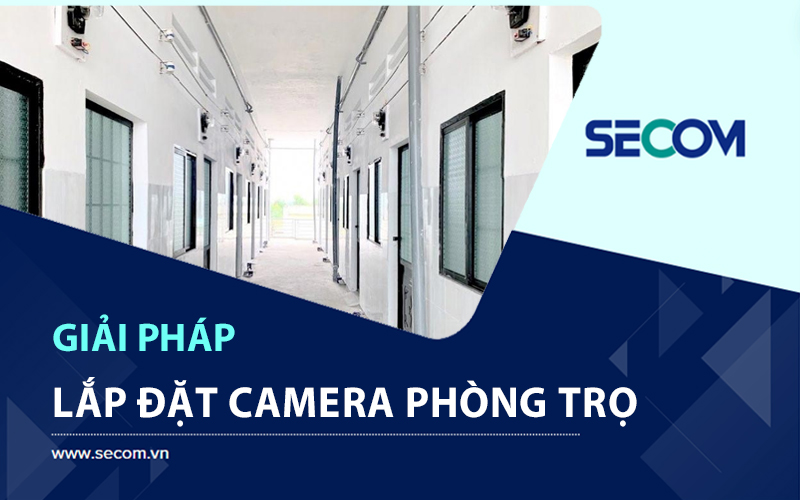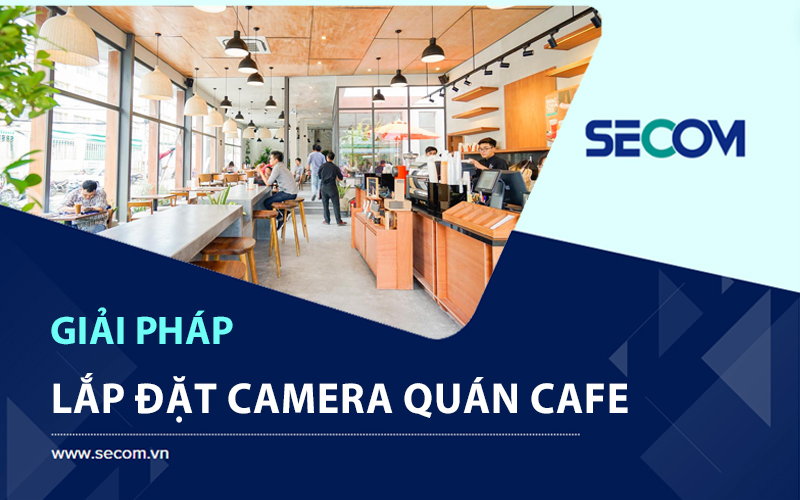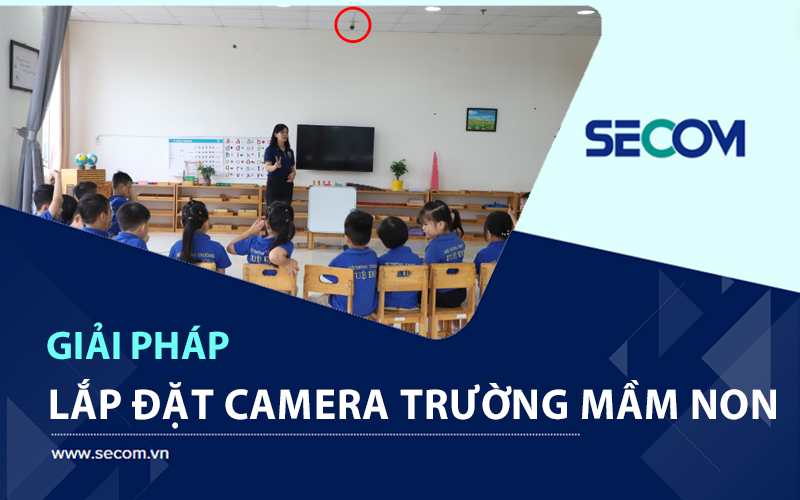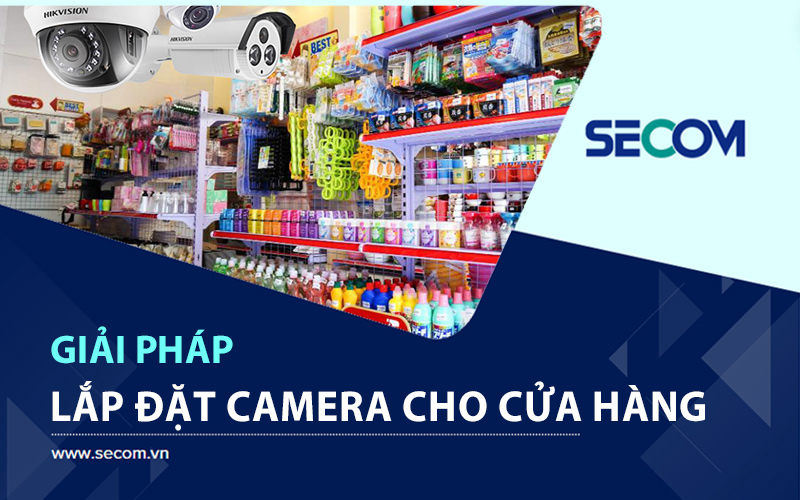- Security Solutions
- Oct. 28, 2024
Professional Building Security Services, Ensuring 100% Safety
To maintain security and safety in living and working spaces, many contractors and businesses have chosen to hire professional building security services. With a team of well-trained and experienced personnel, this service acts as a reliable “shield,” helping to protect buildings from potential threats like theft and public disturbances. In this article, let’s explore the types of services, processes, and duties of professional building security with SECOM VIETNAM.
Why is Building Security Necessary?
The ongoing development of the economy has led to the construction of an increasing number of high-rise buildings. However, this also brings with it unpredictable risks such as theft, fire, and property damage. To ensure the safety of residents and protect valuable assets for families and businesses, investing in security systems or hiring building security services is essential.
A well-protected building provides residents with a sense of security and peace, creates an effective work environment for employees, and builds trust with clients. Additionally, building security helps prevent illegal entry and mitigates incidents or conflicts that may arise in the area.
Popular Types of Building Security Services
To enhance security in residential and workplace areas, professional building security services are a good option. Below are some of the most commonly used types of building security services today:
Residential Building Security
Security personnel play an important role in monitoring and safeguarding the security of hundreds of residents. Security teams regularly patrol and monitor areas to ensure the safety and order of residential buildings, preventing theft and disturbances. They also verify the identity of individuals entering or exiting the premises to prevent unauthorized access.
Office Building Security
Offices house many employees and valuable assets (equipment, data, etc.), making high-quality building security essential. Security staff work in shifts around the clock, control entry and exit, and monitor security cameras continuously to ensure the company’s confidential information and critical assets are completely secure, reducing risks like theft and unauthorized access.
High-rise Building Security
Often used as hotels or shopping centers, high-rise buildings have greater security needs and require a specialized security team with modern equipment. Security personnel closely monitor all assigned areas, from the lobby to the parking lot and elevators, while ensuring property and order.
Job Responsibilities of Building Security Staff
Building security staff play a vital role in maintaining order and ensuring safety for residents. Beyond simple surveillance, security personnel are responsible for patrolling, handling emergencies, and coordinating with other staff to enhance security effectiveness. In a building security service package, security staff are expected to perform the following duties:
Securing the Main Gate
The main gate is a crucial area in the building, so security personnel must undertake several tasks to ensure resident safety, including:
- Restricting entry to unauthorized or unfamiliar individuals.
- Directing resident and guest vehicles to designated parking areas as per guidelines.
- Coordinating closely with personnel in other areas to optimize building security.
- Regularly monitoring smart camera systems to promptly detect and prevent suspicious individuals showing signs of intrusion or theft.
- Strictly adhering to building security regulations regarding working hours and entry/exit times.
- Politely assisting guests to find the correct location.
Lobby Security
The lobby is a high-traffic area for residents, staff, and guests, thus necessitating an elevated demand for security services. Basic responsibilities for lobby security staff include:
- Recording guest entry and exit information, including names and entry/exit times.
- Managing and overseeing office keys.
- Staffing and responding to internal building calls.
- Guiding guests to the correct floors within the building.
- Regularly inspecting security cameras, alarm systems, and fire alarm systems to ensure lobby security.
- Receiving packages, invoices, and mail, then transferring them to the building reception for distribution.
- Maintaining communication and cooperation with other security personnel within the building.
Elevator Security
Elevators are common interaction points for building staff and guests; thus, professional security staff should maintain a courteous, polite demeanor while performing these tasks:
- Assisting and guiding guests in using the elevator to reach the correct floor or department within the building.
- Monitoring and securing the area around elevators, using security cameras to ensure no incidents or negative situations arise within the elevator.
- Notifying building technical management immediately if an elevator malfunctions.
- In case of an elevator outage, placing a “Do Not Use” sign and contacting elevator maintenance for repairs.
- Remaining stationed at assigned locations while maintaining communication with the operations room and other staff to enhance monitoring.
Floor Security
Security personnel assigned to specific floors must perform tasks such as:
- Regularly checking and monitoring floor activities to ensure no suspicious individuals are present.
- Preventing and handling incidents involving property damage, disturbances, or unauthorized advertising.
- Checking certain security systems on the floor, such as alarms, fire safety equipment, and emergency exits, to detect and address issues promptly.
- Reminding individuals of non-smoking regulations and minimizing noise disruptions affecting other offices.
- Keeping building equipment intact and ready for use on the floor.
CCTV Surveillance Security
Security personnel responsible for CCTV surveillance play an essential role in monitoring and overseeing security across areas with camera installations. Key responsibilities include:
- Continuously monitoring security cameras, periodically reviewing footage from various floors to detect unusual occurrences.
- In emergency situations, such as theft or property damage, immediately contacting other security personnel through radio for coordinated response and reporting to building management and relevant authorities to apprehend intruders.
- Closely observing high-risk areas prone to unauthorized access, such as windows and gates.
- Quickly notifying relevant departments and calling the fire department when spotting fire hazards, as well as supporting evacuations through emergency exits.
Area Patrolling Security
The purpose of area patrols is to ensure no unauthorized entry and to identify and resolve potential dangers like fire hazards and facility malfunctions. Patrolling duties include:
- Reminding residents and staff to comply with building regulations.
- Inspecting electrical systems, fire safety equipment, and emergency exits.
- Overseeing maintenance staff activities during building repairs or upgrades.
- Maintaining contact with personnel in other areas to strengthen regional security.
Parking Lot and Office Door Security
In addition to elevator and lobby monitoring, security personnel are responsible for overseeing parking and office doors. Depending on parking lot size, vehicle type, and entry points, varying numbers of security staff will be assigned. For basement parking surveillance, at least two security personnel are required to perform tasks such as:
- Strictly controlling vehicle entry and exit by issuing and checking parking tickets.
- Conducting regular patrols to promptly identify theft risks and ensure vehicle safety in the parking lot.
- Arranging vehicles in the correct spaces, maintaining distance between vehicles and walkways to prevent scratches.
- Checking office doors and exits to ensure they are securely locked after work hours.
Building Security Procedures
To ensure consistent safety and prevent incidents, security personnel stationed in each area must coordinate closely and adhere strictly to established building security protocols. A standard security plan for residential buildings generally follows these combined procedures:
Incident Response Procedure
Upon detecting an incident, security staff will gather information and report it to building management, then perform security tasks according to trained procedures. In exceptional cases, staff must document the situation and wait for a manager or team leader to handle it.
Area Security Management Procedure
Security staff are responsible for remotely monitoring security via camera systems, recording information on people and vehicles entering and exiting, or on events within the building, and then passing records to the next shift or team leader/management. In the event of a lost parking card, security must promptly notify building management for timely resolution.
Surveillance and Security Patrol Procedure
Residential building security teams take turns patrolling assigned areas, focusing on high-risk spots prone to intrusion or incidents (e.g., damages, fires). For night patrols, security personnel should be equipped with supportive tools and devices like flashlights, alarms, and walkie-talkies to enhance monitoring effectiveness.
Entry and Exit Management Procedure
When employees or visitors enter the building, security staff should guide them to parking areas, issue parking cards, and direct them to their destination. If a guest loses a parking card, staff must follow security management protocols to safeguard the visitor’s belongings.
These organized procedures ensure the building’s security team can promptly and efficiently handle potential issues while maintaining smooth daily operations.
Key Security Regulations for Building Security Staff
Using a building security service offers peace of mind, as personnel adhere to essential regulations to maximize security in residential areas. Below are the critical security protocols that security staff must follow:
Task Implementation Rules
- Strictly comply with all building rules and regulations.
- Arrive on time, at least 15 minutes early, to properly hand over the shift.
- Continuously observe and monitor activities in the assigned area to ensure the building’s safety and security.
- Do not leave the assigned position or abandon a shift without proper coverage.
- Maintain confidentiality of resident, staff, and visitor information, as well as all work reports.
- Do not open or view any packages or correspondence delivered to the building.
- Record all events during each shift before handing over logs to the next security guard.
- Coordinate vehicle movement in the building, arrange parking logically, and safeguard vehicles against damage or theft.
- Keep assigned areas clean.
Work Conduct Guidelines
- Wear the assigned security uniform as specified by the company.
- Always wear a hat and a name badge as per regulations.
- Male guards must keep their hair tidy; female guards should refrain from wearing nail polish or jewelry during working hours.
- Do not sleep on duty or consume alcohol while on the job.
- Maintain a professional demeanor, be alert, and work carefully to ensure area safety.
Attitude Guidelines
- Refrain from using offensive language, swearing, or speaking inappropriately while on duty.
- Maintain respectful behavior toward residents, colleagues, staff, and visitors in the building.
- Avoid confrontation, loud talking, or inappropriate behavior.
- Do not create internal divisions within the company or building.
- Approach all tasks carefully; if an incident arises, remain calm, respond strategically, and act according to the law.
Latest Building Security Service Pricing 2024
Various security service companies offer different pricing for building security, typically based on factors like scale, staff count, working hours, and desired security level. For detailed pricing, contact SECOM, a top-rated security service provider offering effective, all-encompassing security solutions at a reasonable rate.
Why Choose SECOM Vietnam’s Building Security Services?
Building security is a crucial role; security guards must continuously monitor residents, staff, and visitors in the area. If you seek a reputable and professional security provider, consider SECOM. Our highly trained team ensures your security needs are met efficiently. Here are some benefits of choosing SECOM:
- Professional Security Staff: All SECOM guards are certified, adhere to strict security protocols, and demonstrate professionalism and integrity to maintain the building’s security.
- Japanese-Standard Quality: SECOM’s security staff undergoes training based on Japanese standards, with regular evaluations to enhance service quality.
- Strict Operational Protocols: SECOM’s guards are well-trained to respond promptly and professionally to any incidents, ensuring maximum safety.
For further information on building security services, from duties to operational protocols, consider SECOM for comprehensive solutions tailored to your needs. Contact us today for detailed consultation and service quotes.
















